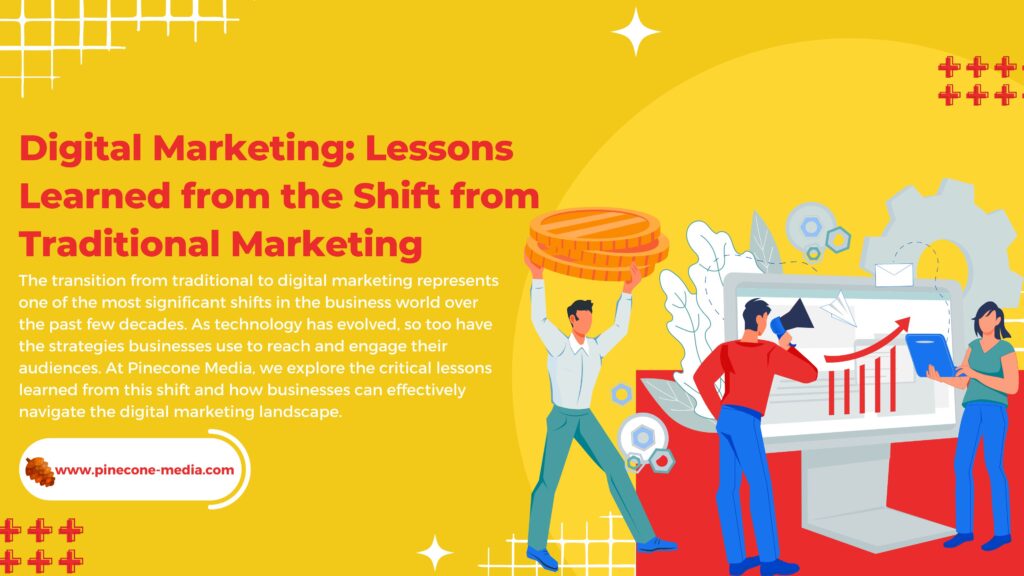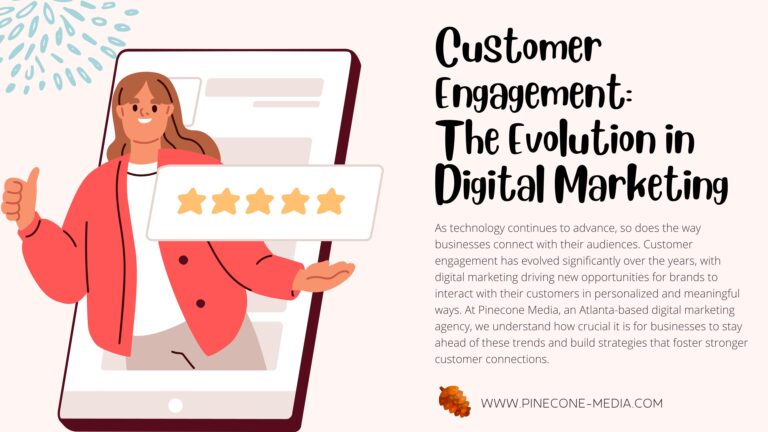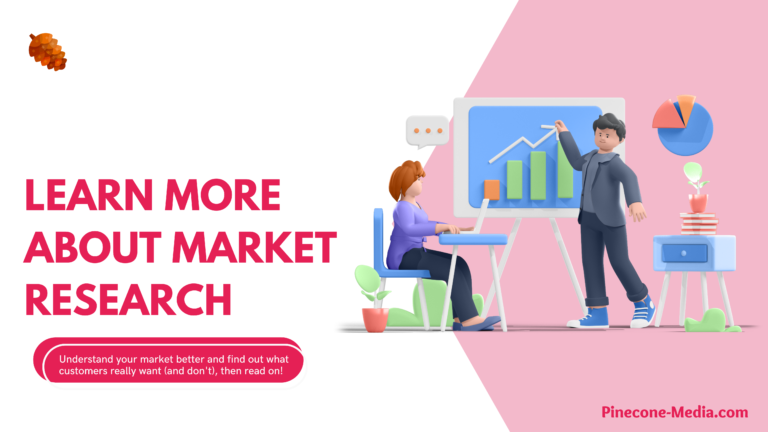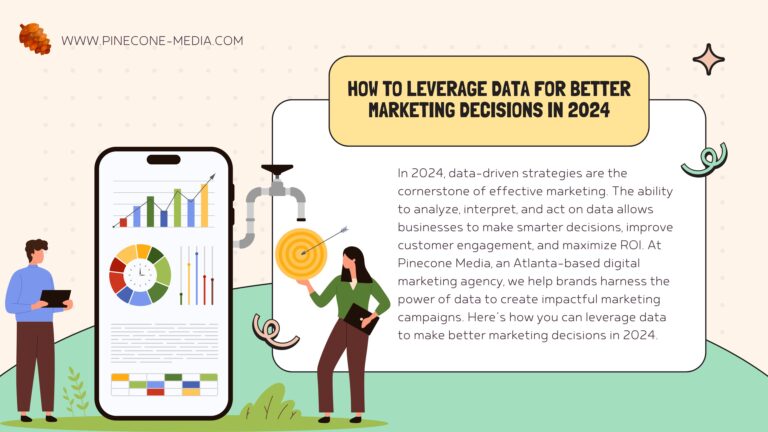Digital Marketing: Lessons Learned from the Shift from Traditional Marketing
The transition from traditional to digital marketing represents one of the most significant shifts in the business world over the past few decades. As technology has evolved, so too have the strategies businesses use to reach and engage their audiences. At Pinecone Media, we explore the critical lessons learned from this shift and how businesses can effectively navigate the digital marketing landscape.

Understanding the Shift to Digital Marketing
The advent of the internet and the proliferation of digital devices have fundamentally changed how consumers interact with brands. Traditional marketing methods, such as print ads, billboards, and television commercials, once dominated the advertising world. However, the rise of the internet and social media platforms has shifted the focus to digital marketing, which offers more targeted, measurable, and cost-effective strategies.
Lesson 1: The Power of Data and Analytics
One of the most valuable lessons from the shift to digital marketing is the importance of data and analytics. Digital marketing allows businesses to track and analyze every aspect of their campaigns in real-time. This data-driven approach enables marketers to measure the effectiveness of their strategies, understand consumer behavior, and make informed decisions. In contrast, traditional marketing often lacked the precision and immediacy of feedback, making it challenging to gauge ROI accurately.
Lesson 2: Personalization and Targeting
Digital marketing has revolutionized the ability to personalize content and target specific audiences. Through tools like social media advertising, email marketing, and search engine optimization (SEO), businesses can tailor their messages to different segments of their audience. This level of personalization was nearly impossible with traditional marketing, which relied on a one-size-fits-all approach. The ability to deliver relevant content to the right people at the right time has significantly increased engagement and conversion rates.
Lesson 3: Cost-Effectiveness and Flexibility
Another lesson from the shift to digital marketing is the cost-effectiveness and flexibility it offers. Digital campaigns can be scaled up or down quickly based on performance and budget, allowing businesses to maximize their marketing spend. Traditional marketing campaigns often required significant upfront investments with limited flexibility once launched. Digital marketing, on the other hand, allows for continuous optimization and adjustment, ensuring better ROI.
Lesson 4: Engaging Content and Social Media
The rise of social media has underscored the importance of creating engaging content. Unlike traditional marketing, which was largely one-way communication, digital marketing encourages interaction and engagement. Social media platforms provide a space for brands to connect with their audience, foster relationships, and build communities. This engagement is crucial for brand loyalty and advocacy, which are essential in the digital age.
Lesson 5: Adapting to Change
The digital landscape is constantly evolving, and businesses must be agile and adaptable to stay ahead. The shift from traditional to digital marketing has taught companies the importance of staying updated with the latest trends and technologies. Businesses that are willing to experiment, learn, and pivot when necessary are more likely to succeed in the ever-changing digital world.
The shift from traditional to digital marketing has provided businesses with valuable lessons on the power of data, personalization, cost-effectiveness, engagement, and adaptability. By embracing these lessons, businesses can create more effective marketing strategies that resonate with their audience and drive growth. At Pinecone Media, we help clients navigate the complexities of digital marketing, ensuring they leverage the latest tools and techniques to achieve their marketing goals.
Digital Marketing, Traditional Marketing, Marketing Shift, Business Strategies, Digital Age




